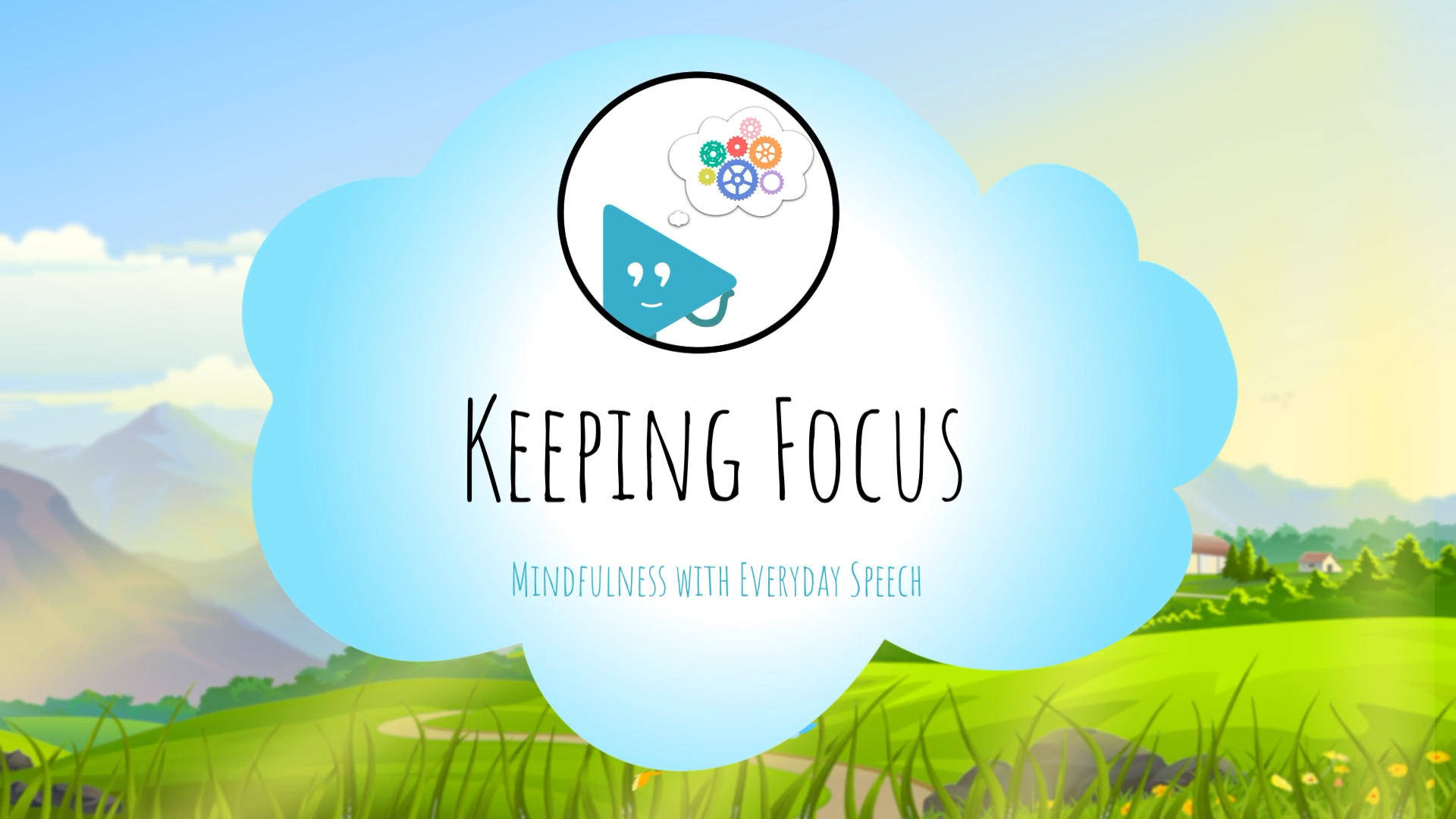
Introduction
Improving focus in the classroom is essential for elementary students to succeed academically and develop valuable life skills. By enhancing their focus, students can pay attention for longer periods without getting distracted. Teachers play a crucial role in helping students identify when their focus is waning and providing them with strategies to maintain and improve their attention. In this blog post, we’ll explore a no-prep activity to boost students’ focus, followed by discussion questions, related skills, and next steps for educators.
No-Prep Activity: Focus Check-In
The Focus Check-In is an easy, no-prep activity that helps students become more aware of their current focus levels and identify areas for improvement. To begin, have students sit quietly and take a moment to assess their focus. Ask them to consider the following questions:
- Am I alert?
- Am I working slowly?
- Am I daydreaming?
- Am I distracted by things around me?
- Am I trying to do two things at once?
After students have reflected on these questions, encourage them to share their findings with the class or in small groups. Then, guide them through practical strategies to address any focus challenges they identified. This activity can be done periodically throughout the day to help students stay engaged and focused on their tasks.
Discussion Questions
- What are some situations where it’s essential to have a strong focus? How can improved focus benefit you in those situations?
- Which focus challenges do you face most often? What strategies can you use to overcome these challenges?
- How can you create a learning environment that supports focus and minimizes distractions?
- How do you know when it’s time to take a break to recharge your focus? What activities help you recharge?
- How can practicing mindfulness help improve your focus?
Related Skills
In addition to improving focus, there are other essential skills that elementary students should develop to enhance their learning experience:
- Time management: Learning to prioritize tasks and allocate time effectively can help students stay on track and complete assignments efficiently.
- Active listening: Developing active listening skills enables students to better understand instructions, engage in discussions, and retain information.
- Self-regulation: The ability to manage emotions and impulses is crucial for maintaining focus and a positive learning environment.
- Collaboration: Working well with others is an essential life skill that fosters teamwork, communication, and problem-solving abilities.
Next Steps
Ready to dive deeper into teaching and enhancing focus in the classroom? We invite you to explore our free sample materials and discover a wealth of resources designed to support elementary students’ social-emotional learning. Visit Everyday Speech to access these resources and help your students develop the skills they need for success in and out of the classroom.

